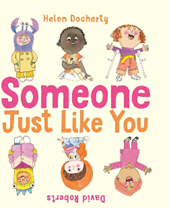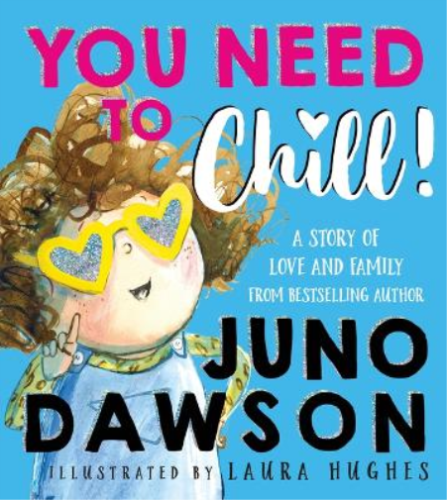Grandad’s Camper by Harry Woodgate
Year 3- 4
lesson plan
|
Text: Grandad’s
Camper by Harry Woodgate Lesson plan by Andrew Moffat |
|
Enquiry question: How do memories make me feel? |
|
RSE links: the characteristics of healthy family life,
commitment to each other, including in times of difficulty, protection and
care for children and other family members, the importance of spending time
together and sharing each other’s lives that others’
families, either in school or in the wider world, sometimes look different
from their family, but that they should respect those differences and know
that other children’s families are also characterised by love and care |
|
Starter: what is
a memory? How can memories affect your mental health? Give examples of
memories that might make someone feel joy; give examples of memories that
might make people fell sorrow. What do you think is the best thing to do if a
memory makes you feel sad? |
|
Main: Read
“Grandads camper” and discuss: -
Why does the
child like staying at Grandads house? -
How does Grandad
describe Gramps and ow did they spend their time together? -
“There are so
many wonderful things in this world and I want to see them with you” how do
you think Grandad and Gramps feel about each other? -
Why do you think
Gramps isn’t around anymore? -
How do you think
Grandad feels when he shares his memories about Gramps even though Gramps has
gone? -
“I just don’t feel
like it,” why do you think Grandad doesn’t go out in his van by himself or
just find a friend to go with? -
Why does Grandad
laugh when the child suggests they fix up the van? -
“It’s what Gramps
would have wanted” why? -
How do you think
the child has changed the way Grandad feels about Gramps and his life today? |
|
Activity: Do you
think the child helped Grandad to feel better by encouraging him to talk
about his memories? Why didn’t the child just talk at Grandad about their
life instead? Think about an imaginary Grandad or Grandma.
Draw a picture of them in the middle of the page and around them draw and
label different memories in clouds from different parts of their life. Think
about what they might have done, where they might have been, who they went
with; create a bank of memories they can talk about next time you meet them. |
|
Plenary: Can
memories upset people sometimes? How do you know if it is ok to ask someone
about their memories? Think about your own memories; which ones do you like
to think about? If there are any that worry you, what can you do about that?
What can we learn from this story about sharing memories and our mental
health? |




Comments
Post a Comment